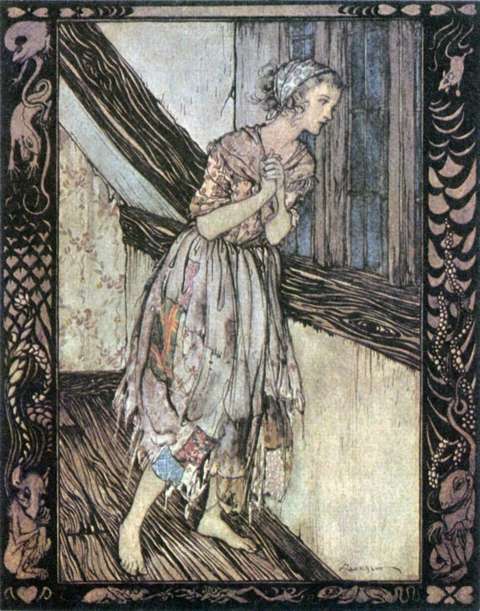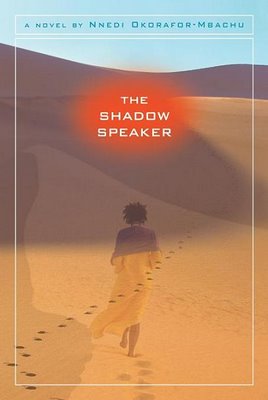I was recently asked by a writer-friend of mine about the storyteller-commentator divide I create in this poem. The way she put it:
commenting too has its place in the scheme of things, while stories, too, differ from each other
And this is what I wrote back to her:
For me, it's not the line between "fiction" and "non-fiction" that the words "commentator" and "storyteller" invoke. Although, that's how we understand those two words generally, especially within our commonsensical knowledge. Rather, the way I have tried to approach it in this poem, "commentators" are those who reproduce knowledge, rather than producing it. They do not essentially challenge the boundaries of dominant thoughts and well-established maxims. On the other hand, "storytellers" are those who push our accepted borders of thought, language, norms, knowledge and produce something that is, for lack of any better word,more original,organic and boundary-busting. There are lots of "commentators" in the world of creative writing. As there are many "storytellers" among the theorists, writers of non-fiction prose.
Now, you can ask me, why Kiranmala? Why am I ascribing upon her that role. Well, I was thinking about the ways in which knowledge production has always been a site of gender discrimination in South Asia (and elsewhere). It's not just gender, race, class and caste have been used too, to keep thousands of people from away from written texts and intellectual resources. Think of all the prohibitions around women and shudras listening to/speaking/ learning Sanskrit. Just think of the news that made headlines last week: a temple in Orissa does not allow the Dalits to cross its threshold. Similarly, it was illegal for slaves in the colonial plantations to learn to read and write, as it was to teach them. But does that mean that women, untouchables, the enslaved, and other marginalized folks who have been systematically excluded from literacy, did not think about the world around them? Does that mean they did not theorize about their own conditions? Not really! But they theorized differently. They theorized through songs, proverbs, stories(which "we" sometimes call folk-tale), dance-forms and numerous other aesthetic expressions. So, those very art-forms, for them, became forms of commenting. But at the same time, they are also attempts to tell stories. Stories with characters, histories, emotions embodied within the forms. They are all trying to tell a story, whether through language, through colors or through musical notes. But where they differ from, say the knowledge that was being learnt by white men, men of upper castes (esp. Brahmins) etc. is that, those forms of knowledge, as against these aesthetic expressions I have been talking about, were supported by institutions, dominant cultures. These forms of knowledge are meant to reinforce and reproduce the status quo, whereas the other forms of knowledges, often embodied in aesthetic expressions, question that social status quo. So, to put it simply,
Commentators=those who engage in institution-sponsored knowledge
Storytellers= who try to reclaim their voices from outside of the institutions
So, in my poem, I tried to give Kiranmala some agency, some creativity. As a woman, she is excluded from the world of Brahmanical knowledge production and learning. But instead of feeling victimized by that exclusion, she proclaims that she does not find that knowledge, the books her brothers are learning to memorize, aren't useful for her at all. She rejects institutional knowledge, rejects the language associated with state power/institutional power, and demands something else for herself. She is looking for alternative methods of expressing herself. The language that is specific to this context is, of course, Sanskrit. But if we move beyond that specifics, it can very well be construed as any power-language, any language that the institution upholds as exclusive and legitimate. Hence the storyteller-commentator divide.
Now, an honest admission: it does feel very weird to explain my own poem to someone. The poem, I believe, should speak for itself. And then, there is this little niggling thingie, that my years of academic training in literary criticism has taught me to decode almost all literary texts. I can justify any badly-written text, I can tear apart almost any gloriously-written piece of writing. And I don't think, those skills are useless. But at the same time, because I can do this with such ease, I prefer not to turn back my own critical gaze into my own poem after it has been published aka. gone from my hands. The poem should speak for itself.
But then, I write about things that are often considered uncomfortable-- gender, class, emotional cost of ascribing to a political ideology. Pepper this with reference to obscure texts, myths, folklore that often invade my lines. So, my poems, I do understand, can be a little dense sometimes. If I am faithful to my work as a poet, I will have to do a little bit of unpacking for my audience, precisely because I am not writing on nostalgic poems about one's childhood in an American suburb. My poems need more education than an average white-American poem. And even when the readers are Indian/South Asian/Bengali, I still might have to do some unpacking, because I am trying to debunk things that have been socially accepted. Even after all of this explanation and contextualization, some readers might not just like the poems I write. Therein, I guess, lies the test as a poet/artist.






